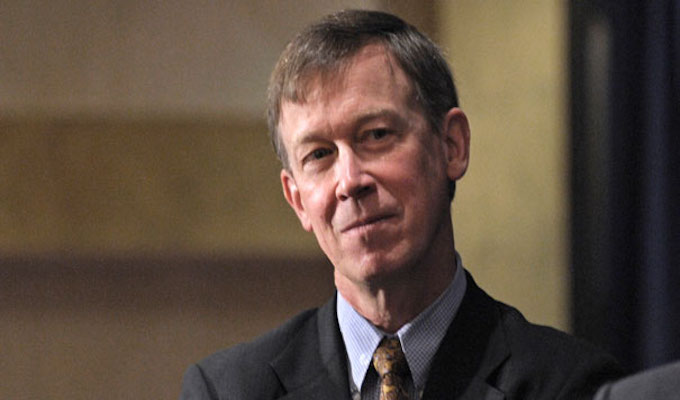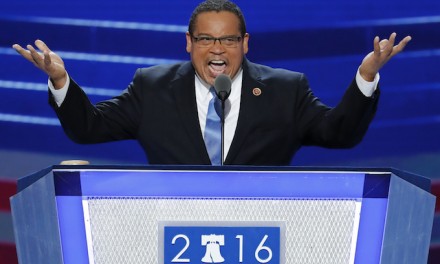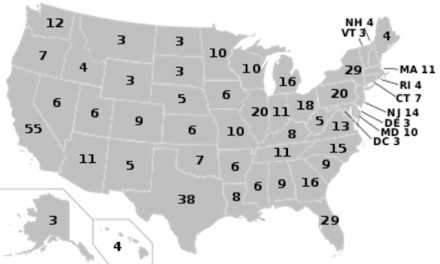He has a pen and a phone and can try to change the climate.
Gov. John Hickenlooper this week tried to save Colorado from President Donald Trump’s decision to abandon the Paris climate accord. He signed an executive order Tuesday that pledges us to reducing greenhouse gas emissions by an amount to goals of the Paris agreement.
Based on 2012 levels, Colorado will aim to reduce global warming emissions by 26 percent by 2025 and by 35 percent by 2030.
“In this process, we no doubt can address climate change while keeping a priority on household budgets,” Hickenlooper said.
Those last two words, “household budgets,” are the asterisk in a feel-good celebration of man trying to control climate.
Colorado leads the country in clean air mandates. Our emissions laws formed the basis for President Barack Obama’s Clean Power Plan, an executive order put on hold by the U.S. Supreme Court. Trump killed the plan this year with the stroke of a pen.
The court had stopped implementation of the Clean Power Plan after learning it would cause “irreparable” economic harm throughout the country.
We don’t hear much about the harm caused by Colorado’s Clean Air-Clean Jobs Act of 2010, or other aggressive mandates that have moved us from coal to favor wind, solar, natural gas and other replacements that will cost state ratepayers billions.
Maybe we don’t hear much because media types and politicians are not devastated by sudden and substantial increases in electric bills. Neither are high-profile environmental activists who often operate out of Boulder, Cherry Creek, Pitkin County and other wealthy enclaves.
Meanwhile, costs of clean energy mandates cause bare cupboards in homes of the working poor who aren’t in the business of communication, activism and public influence.
Back in 2014, Catholic sister Nancy Crafton told Colorado Public Radio how high energy bills in Pueblo had caused her tiny charity to spend its financial aid assets — nearly $400,000 — just helping working-class families avoid losing electric disconnects.
Black Hills, the predatory utility serving Pueblo, has used clean power mandates as rationale for handing customers some of the costliest electricity in the country. Pueblo’s median household income is below $40,000, compared with the statewide median of $63,909.
A Black Hills news release in May of 2016 said rate hikes were needed “to recover costs related to the new 40-megawatt natural gas-fired power plant, the final infrastructure investment needed to fulfill obligations under the Colorado Clean Air-Clean Jobs Act.”
At a Pueblo-based meeting of the Colorado Public Utilities Commission in the summer of 2016, hundreds of residence protested the latest proposed rate hike and told of losing their homes, businesses and depriving children because of soaring electric costs. Ministers and social workers teared up while telling of hardships.
Pueblo isn’t alone. Farmers and small-business owners in rural communities throughout Colorado have expressed their inability to pay for new energy assets forced on them by state law.
Laws that demand sudden new investments in the way we generate power hurt people who earn the least. What feels good in Aspen causes hardship in Lamar.
Governor, we hope your commitment to protecting “household budgets” is real. Don’t let more global warming mandates further impoverish children of the working class and poor.
___
(c)2017 The Gazette (Colorado Springs, Colo.)
Visit The Gazette (Colorado Springs, Colo.) at www.gazette.com
Distributed by Tribune Content Agency, LLC.
—-
This content is published through a licensing agreement with Acquire Media using its NewsEdge technology.


















Recent Comments